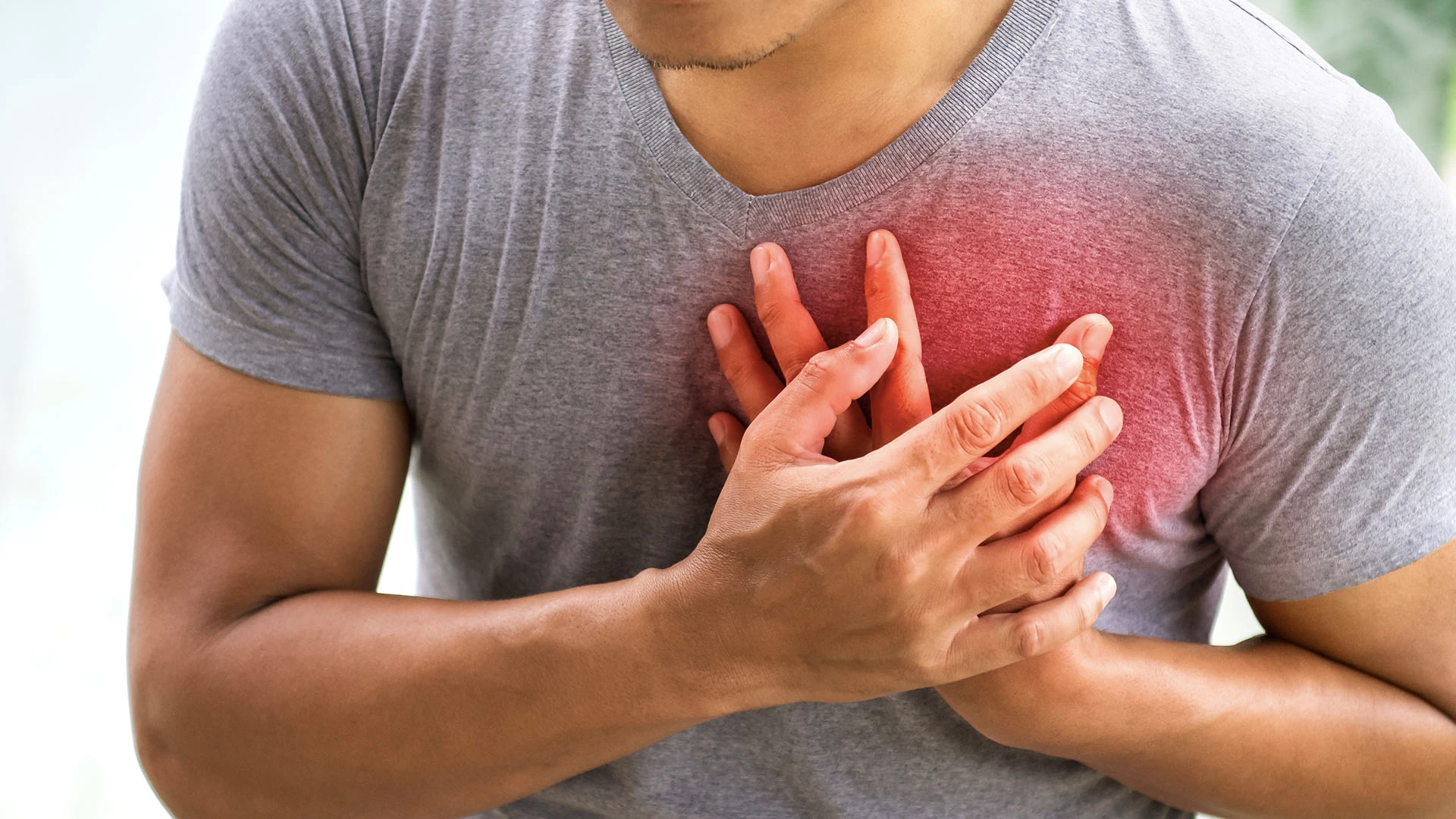Heart failure is a serious condition that requires expert care. Finding the right cardiologist, especially the best cardiologist in South Mumbai, is crucial. Dr. Ankur Phatarpekar, known for his exceptional skills and compassionate approach, is a top choice for those seeking cardiac care in South Mumbai. As the best cardiologist in South Mumbai, Dr. Ankur understands the complexities of heart failure and provides personalized treatment plans to improve patients’ quality of life. Choosing the right cardiologist is about more than just medical expertise; it’s about finding someone you feel comfortable with and trust. Dr. Ankur’s clinic, Be Heart Healthy, offers a welcoming environment where patients can receive advanced treatments like TAVI, TMVR, and MitraClip procedures. Don’t delay in seeking care for heart failure. Consult with the best cardiologist in South Mumbai at Be Heart Healthy and take the first step towards managing your heart health.


At Be Heart Healthy, our team includes some of the best interventional cardiologists in Mumbai, including, ensuring the highest standard of care and outcomes for our patients. We are your go-to Heart specialists in Mumbai for cutting-edge cardiac care.
In the realm of cardiac care, Transcatheter Aortic Valve Implantation (TAVI), also known as Transcatheter Aortic Valve Replacement (TAVR), stands out as a revolutionary procedure that offers new hope to patients with aortic valve stenosis. At Be Heart Healthy, led by Dr. Ankur Phatarpekar, recognized as the best TAVI doctor in Mumbai, is dedicated to providing comprehensive care for structural heart diseases, interventional cardiology, and cardiac care, including specialized expertise in TAVI and TAVR.
Individuals with:
Treatment modalities for heart failure include medications and sometimes even surgery might be required. Medications include the following:
The different surgeries involved include:

Call us now if you are in a medical emergency.